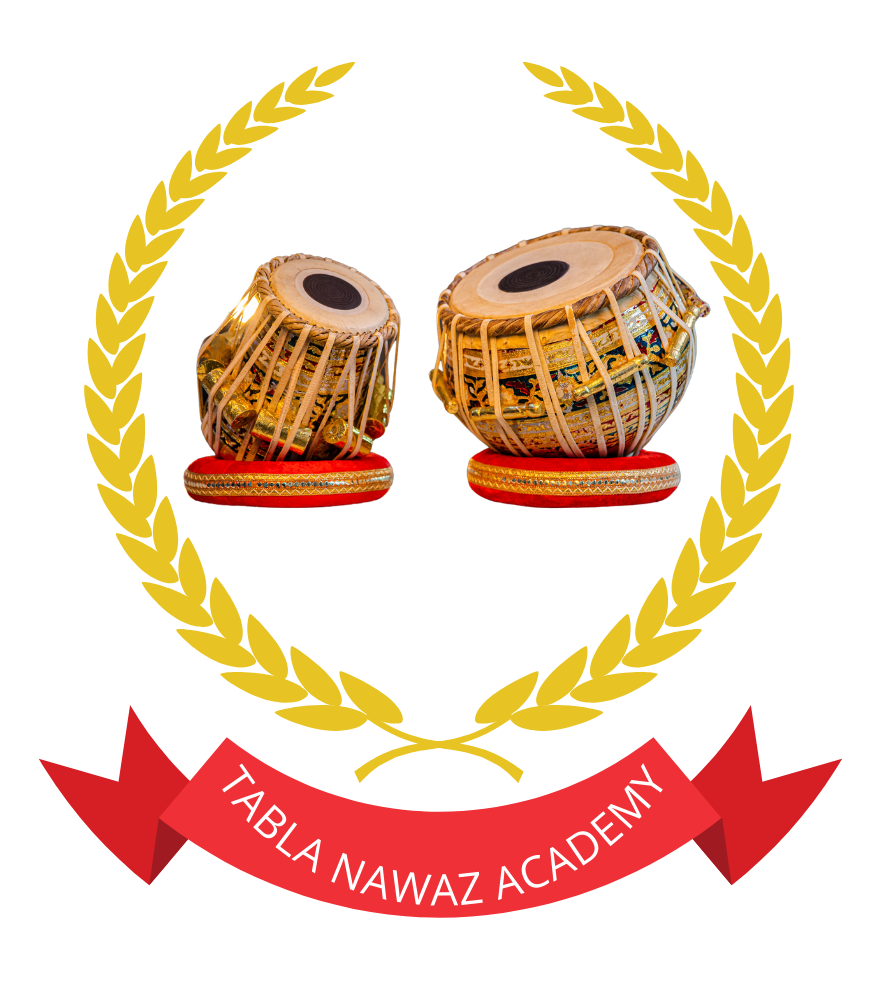Keherwa Taal Theka, Keherwa Taal is one of the most popular and versatile rhythms in Indian music. It is an 8-beat cycle (matra) and is widely used in light classical, devotional, and popular music, including Bollywood. Its simplicity and adaptability make it a favorite among tabla players and listeners alike.
The Basic Theka of Keherwa Taal
Keherwa Taal follows the following structure, typically divided into two vibhags (sections) of 4 beats each:
Theka (Notation in Bols):
Copy code
Dha Ge Na Ti | Na Ka Dhi Na
Breakdown of the Bol:
- Dha – A combination of strokes on both the Dayan (right drum) and Bayan (left drum), giving a full-bodied sound.
- Ge – A resonant stroke on the Bayan.
- Na – A sharp stroke on the Dayan.
- Ti – A lighter stroke on the Dayan.
- Ka – Another Bayan stroke, but softer compared to Ge.
- Dhi – A sharp Dayan stroke, often more emphasized.
Keherwa Taal Example
Here’s how it would sound:
- Counts 1-4: Dha – Ge – Na – Ti
- Counts 5-8: Na – Ka – Dhi – Na
Visualization with Claps and Waves:
- Clap (Sam): 1 (Dha)
- Wave (Khali): 5 (Na)
Keherwa Variations
Keherwa Taal has many variations to suit different genres. For example:
- Dhumaali (Slow Tempo): Often used in devotional or emotional contexts.
- Example: Bhajans or Ghazals.
- Upbeat Variations: Found in Bollywood or folk music.
- Example: “Dil To Pagal Hai” (Bollywood).
Try It Yourself!
If you’re a beginner, start slow and focus on keeping the rhythm steady. Here’s a short practice routine:
- Count out loud: 1-2-3-4 | 5-6-7-8.
- Play the corresponding bols on your tabla.
